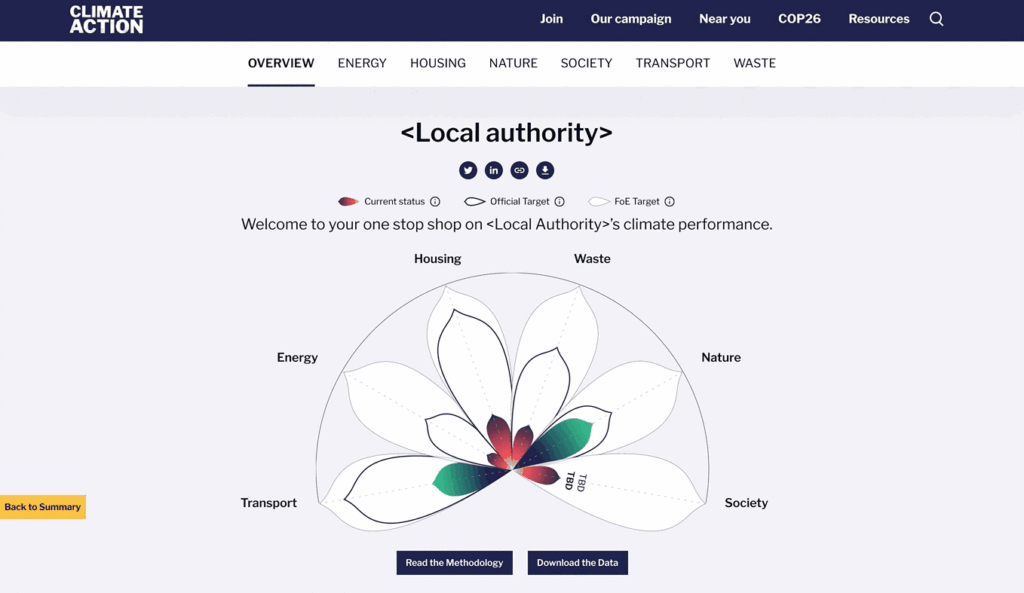 Insight
Why social justice is a key pillar for our Sustainability pod
Insight
Why social justice is a key pillar for our Sustainability pod

Social justice can be defined as the fair distribution of wealth, opportunity and privilege within a society. More recently, social justice movements have focused on breaking down barriers in places that limit or restrict opportunities along racial, gender, class and sexual lines.
From a sustainability point of view, this translates across to climate justice, where the global south is currently, and will continue to be, experiencing the effects of climate change disproportionately to the amount it contributes. Those most affected will be the least likely to afford to adapt and respond to its effects.
In the 10 years since the founding of infogr8, we’ve witnessed the rapidly increasing polarisation of society. The vast majority of this polarisation is emotionally driven and based on deeply held perceptions on either side. Polarisation damages the institutions that drive forward democracy, but also trickles down into everyday interactions amongst the population at large.
All over the globe, the gap between the wealthiest and the poorest is growing at exponential rates, and that only exacerbates the polarisation, and develops into a vicious cycle. We recognise that data has the potential to break down these barriers, close these gaps and offer us all a better future.
Data done well, tells the truth, exposes the problems, and lets you drill into the details, to find the root causes. Data done creatively, enables a wider audience, regardless of data literacy, to understand the issues, and take action.
What are infogr8 doing about it?
Infogr8 have worked with numerous organisations at the forefront of making change happen. Our work on the Partnership Against Child Exploitation (PACE) website, enables them to surface key insights, reports and resources in the fight against child labour in three key African nations.
Children are being deprived of their childhood, through illegal labour practices, and PACE seeks to raise awareness, inform children of their rights, and empower them to make their own decisions. We developed a microsite for the PACE project that acts as a knowledge hub, but also monitors progress towards their key goals.

PACE project with Thomson Reuters
We also supported Friends of the Earth with their ‘Near You’ tool. They’ve done an amazing job pulling together data from a variety of sources, covering 80+ key metrics, but needed a way to visualise this data, encourage and empower local campaign groups to understand the key issues in their area, share insights and build grass-roots campaigns.

‘Near You’ tool, in partnership with Friends of the Earth
Friends of the Earth understand that policy and governance is a powerful way of making change happen, and the Near You site lights up a path for campaigners to target the issues that matter most locally.
How can my organisation make a difference?
You can make a difference through uncovering insights within your data, enriching it with 3rd party open data and telling stories with that same data. When we unlock the true value within our data, we can tell the stories that captivate, engage and enthuse the audience, make them sit up and take notice. Through data storytelling, you can guide an audience through your story, and help them explore for themselves, to challenge perceptions, in a way that delights them.
As humans we instinctively stick to what we know (perfectly illustrated by Kurzgesagt), so it’s easy(ish) for us to just go ahead and knock out that huge PDF that might look good to the investors, or the funders, or the board, but does that PDF make anybody sit up and take notice? Does it make them think: “<surprise emoji>. I really care about this, and I want to do something: invest my time, my money or my skills, right now. Tell me what I can do!”
Possibly not.
So, next time you’ve been asked to pull together some good news stories from across your organisation for your annual report, or a corporate sustainability report, or even for your website, why not take a step back, and think about the reason these good news stories are happening? Can we go above and beyond a small team of employees doing great work in their local community, like painting a fence at a youth centre, sorting tins at a food bank, or serving food at a soup kitchen? Can we shine more of a light, through data, on the source of these problems, and make a wider impact on society?
